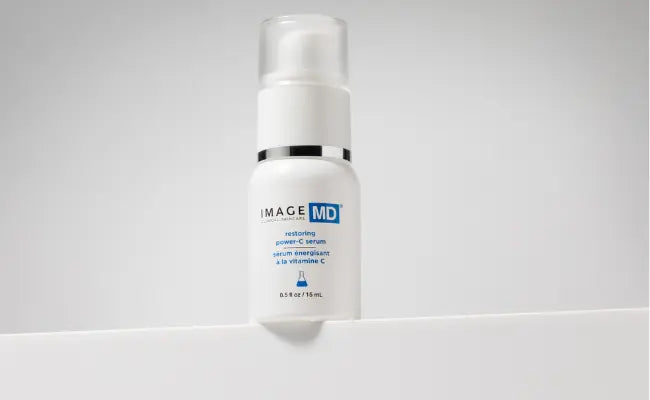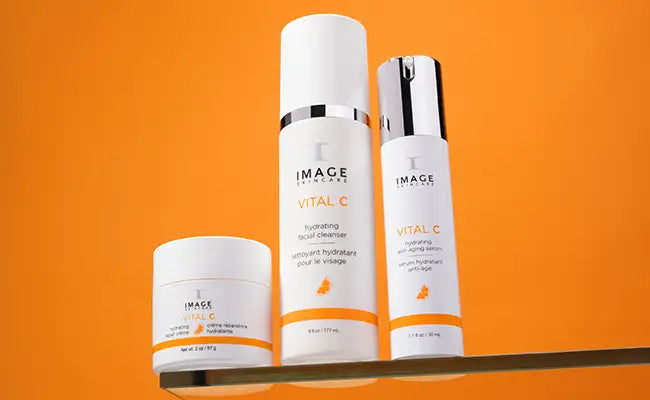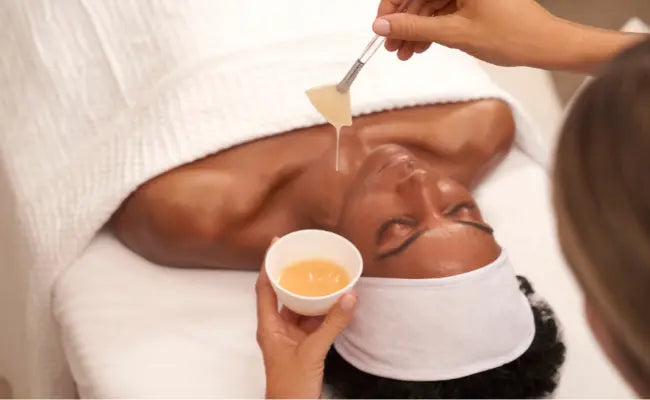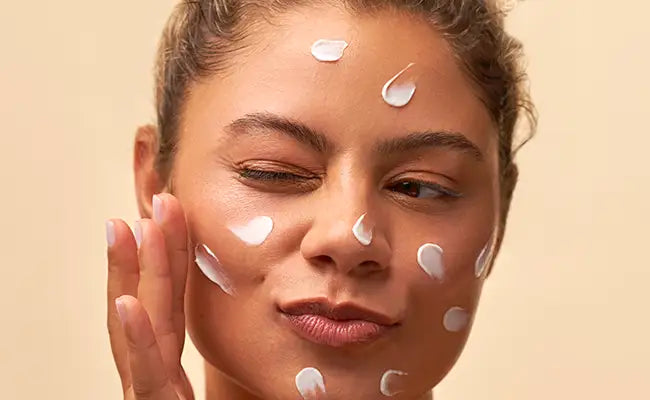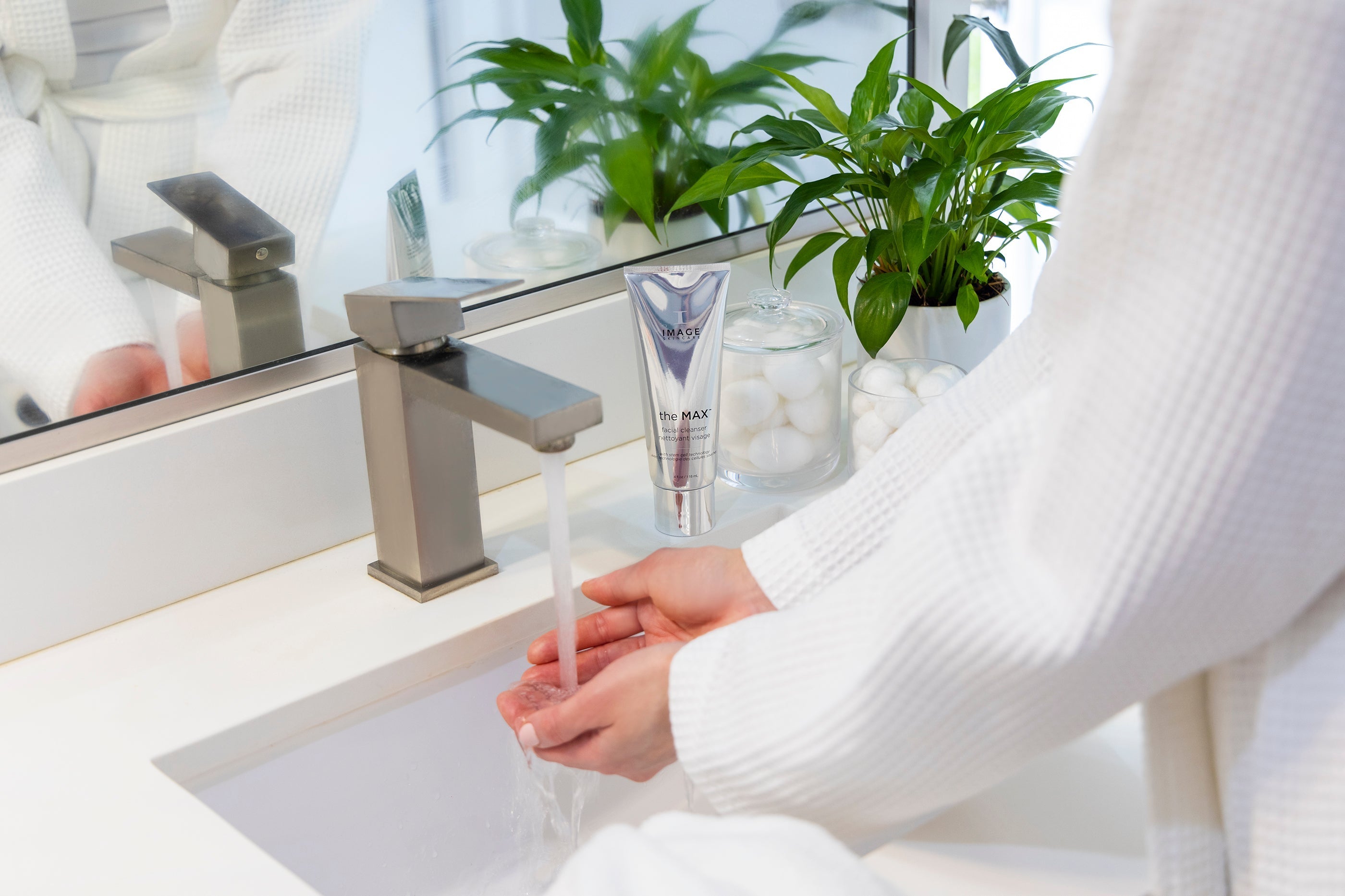
Should You Wash Your Face with Cold Water?
When it comes to the best water temperature for washing your face, there can be a lot of debate between different groups of people. Some swear by using hot water to get a deep clean, others enjoy the sudden chill when they wash their face with cold water, and others are in the middle using lukewarm or room-temperature water.
But how do different water temperatures actually impact your skin, according to dermatologists? Let’s take a closer look at how your skin reacts to heat, cold, and mild temperatures when used for washing and bathing.
How Water Temperature Impacts Your Skin
When using cold water to wash your face, there are a few benefits that can come with this refreshing and eye-opening temperature. Cold water can promote increased blood circulation, and can help reduce puffiness and minor swelling around your eyes and cheeks.
Cold water can also help minimize the appearance of your pores, as they temporarily contract and tighten. However, this can also have a downside as it will end up trapping dirt and other impurities in the pores which can lead to clogging and acne breakouts. The way to get around this is by washing your face with lukewarm water, then following up with a rinse in cold water.
While quick hot showers can be a great way to relax your body before bed, and may even help muscle strain and sports injuries heal quicker, most dermatologists will agree that using hot water to wash your face on a regular basis can do more harm than good.
With hot water, the benefits may include stress relief and relaxing your muscles, but water of this increased temperature can be damaging to the appearance of your skin. Washing your face with hot water can provide instant comfort due to increased blood flow, but will end up stripping the surface of your skin from natural oils leading to dryness and an overall rough texture.
Which Water Temperature is Best: Cold, Hot or Lukewarm?
Both hot and cold water do have a few benefits, but also bring along a number of downsides. Because of this, your best bet would be to wash your face with lukewarm water. This will give you the benefits of washing with warm water, without the excess dryness or minor surface scalding.
Lukewarm water also adds in the gentle cooling benefits to help shrink pores and tighten skin, while also helping to reduce puffiness around your eyes and cheekbones. You’ll be able to get a nice lather from your favorite soap or cleanser with lukewarm water, while also getting a thorough rinse that leaves your skin feeling refreshed.
What Cleanser To Use with Lukewarm Water
Now that we’ve found out which temperature is the best option for washing your face, let’s take a look at some of the cleansers that work great with lukewarm water. One of our favorites is the VITAL C hydrating facial cleanser because of its creamy and lightweight feel on skin. It also includes vitamin E and C, as well as refreshing your senses with the energizing aroma of citrus.
Another great cleanser to use with lukewarm water would be our ILUMA intense brightening exfoliating cleanser. It goes onto your skin as a cream and quickly turns into an exfoliating foam to provide a gentle deep clean that won’t strip your skin of its natural oils. We love using this cleanser in the morning to jumpstart the day!
Another of our favorites is definitely the MAX™ facial cleanser. It includes a variety of peptides and plant extracts to help restore and preserve your youthful looking skin. It’s a lightweight and highly effective cleanser that is free from parabens, artificial fragrances, and synthetic dyes. We recommend using this cleanser in both the morning and evening to get the best results for your skin.
Source:
https://www.ncbi.nlm.nih.gov/pmc/articles/PMC4049052/


